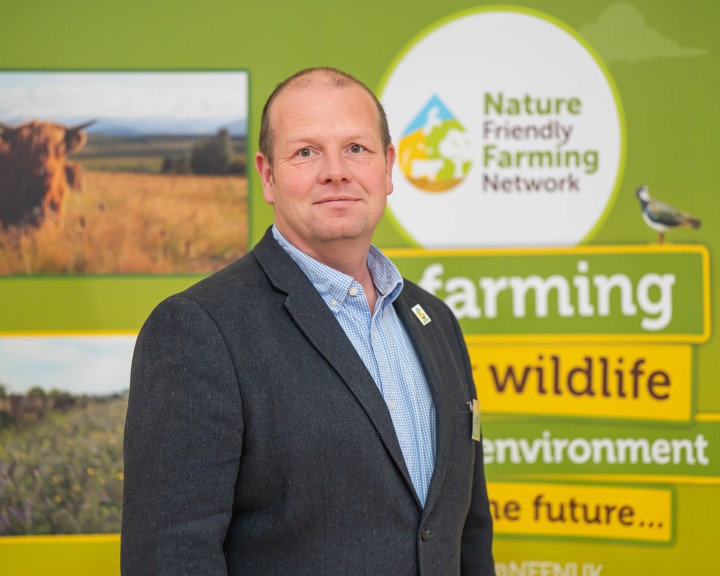This blog supports the key asks found in our UK Manifesto 'A Field of View'
It is a perennial source of frustration to NFFN CEO Martin Lines that, as governments ask UK farmers to meet higher standards of animal welfare and environmental protection, supermarket shelves are stacked with imported food from countries with far lower levels of regulation.
“Farmers are being undercut,” he says. “To give one example, we are going to see significant amounts of Australian and New Zealand lamb in the country, and while we shouldn’t see this as a problem, we do need to recognise these products could be held to different, often lower, standards. As farmers, we will happily compete with farming systems worldwide, but it has to be a level playing field when it comes to production standards.”
It is a problem that has increased since the Brexit vote in 2016, with governments increasingly looking to distance themselves from the European Union and project an image of a Global Britain. “There are still too many people in politics who think that whatever other nations eat is safe for us to import as well,” Martin says. “Many politicians champion the economic benefits of free trade, often overlooking the crucial health and safety standards of imports."


